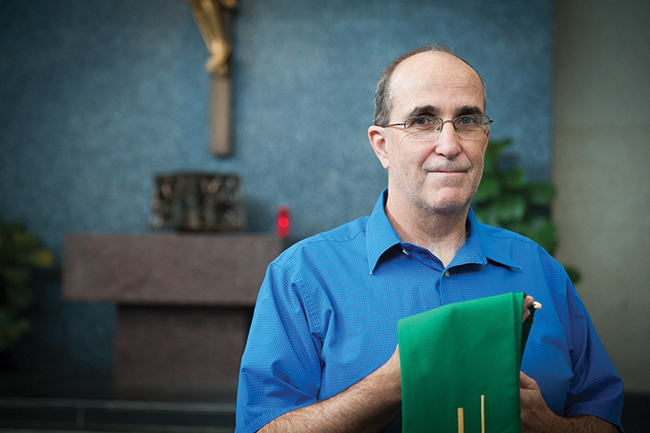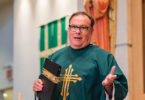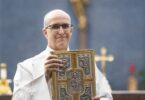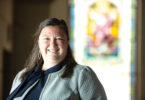
by Leon Suprenant
Last month, I discussed how a diaconal vocation entails much more than mere eligibility, availability and the desire to serve, even though those qualities are essential. So what are we looking for in tomorrow’s deacons?
At the outset, we have to distinguish the permanent diaconate program from various retreats, movements and organizations that target men. These programs — such as Journey or Welcome, Men Under Construction and the Knights of Columbus, to name but a few — are needed more than ever today. By their nature, these groups cast a big net for their events and programs, which often serve as a catalyst for deeper conversion and continued growth.
The diaconate program, on the other hand, as pointed out by Deacon James Keating, is not for laymen who may see the diaconate as a way to grow in their faith, to become more Catholic.
Rather, the diaconate program, to fulfill its mission and purpose, must only select applicants from the ranks of spiritually mature men who are already committed to Christ and the Catholic Church as devoted laymen.
We see this approach even in the selection of the very first deacons, described in the Book of Acts. The apostles called together the community of the disciples and instructed them to “select from among you seven reputable men, filled with the Spirit and wisdom” (6:3).
In other words, prior to “ordination,” the first deacons were already established members of the faith community, known to be wise, Spirit-led disciples. That must also be our standard today.
At the same time, it’s concerning when a potential deacon applicant seems to make too big of a deal of his resume — all his pious devotions, fancy degrees or parish activities. These are all important, of course, but only with the understanding that the diaconate is something that is received, not earned.
The most important quality of a potential applicant for the diaconate may be described in various ways, but it comes down to a fundamental commitment and openness to the interior life. The church is not so much looking for someone who wants to do good things or simply “help out” as much as someone who brings a spirit of contemplation into all he does — who is fascinated with the things of God and desires abiding intimacy with him.
The church is looking for someone who is attracted to the actions of Christ the Servant, and who may be vulnerable enough to allow Christ to relive — to sacramentalize —these mysteries of his redemptive service (“diakonia”) in his very body.
But what does this profound openness look like in the man who is presently discerning a vocation to the diaconate? We will break down this subject in the next installment.






